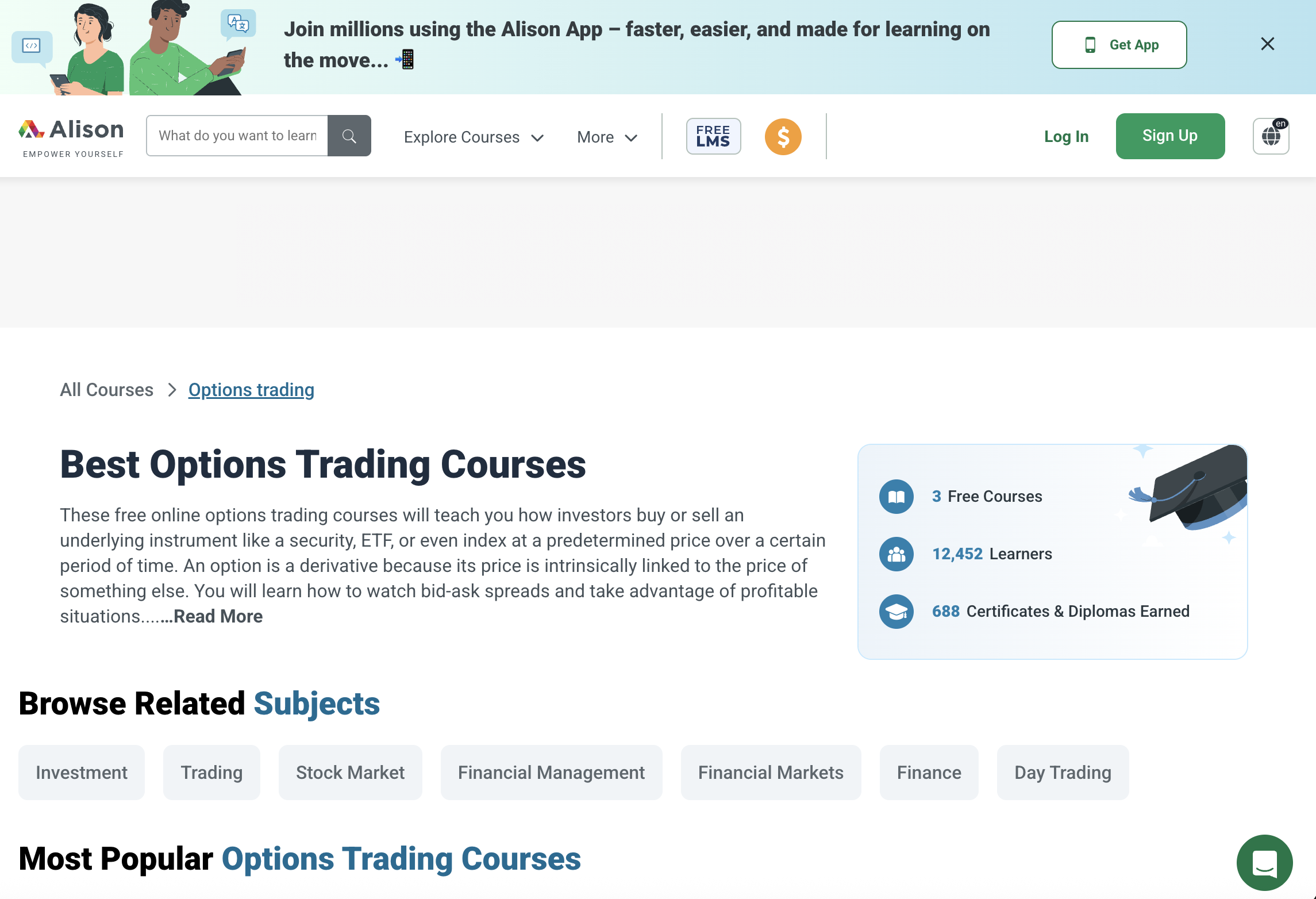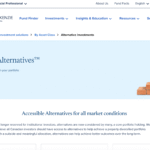Alison.com Review: Red Flags About This Platform
The growth of online learning has created countless opportunities for people around the world to enhance their skills and pursue personal development. Unfortunately, it has also created an environment where fraudulent or misleading platforms can thrive. One such platform that has been raising eyebrows among users is Alison.com. While it presents itself as an educational platform offering free or low-cost courses, closer investigation reveals numerous red flags that suggest it may not be as trustworthy as it portrays itself to be.
This detailed review of Alison.com exposes the tactics it uses, the complaints that surround it, and the reasons why many consider it to be a scam-like operation.
The Alluring First Impression
At first glance, Alison.com looks highly professional. It advertises itself as one of the world’s largest free learning platforms, offering thousands of courses in subjects ranging from business and finance to health and personal development.
However, scammers often rely on polished websites and lofty promises to lure unsuspecting users. Alison.com’s promises of free courses and international certifications seem appealing, especially to students and professionals looking for affordable education. But as the saying goes, if something sounds too good to be true, it usually is.
Hidden Costs Behind “Free”
One of the most prominent complaints about Alison.com is its deceptive use of the word “free.”
While the platform allows users to sign up and access course materials without paying upfront, the actual value comes from receiving a certificate or diploma. This is where the trap begins. Users are aggressively encouraged to pay for “official” certificates or digital diplomas, which are often marketed as being internationally recognized.
The reality is that these certificates hold little to no professional value. Many employers do not recognize Alison.com certifications, rendering them essentially useless. In other words, users invest their time and sometimes money, only to discover that the end product has no legitimacy in the job market.
Questionable Accreditation
Legitimate educational institutions are accredited by recognized authorities or universities. Accreditation ensures that the content is accurate, reliable, and beneficial for learners.
Alison.com, however, often uses vague language to describe its “accreditation.” The platform is not backed by any widely recognized educational body. Instead, it promotes partnerships with lesser-known organizations that lack global authority. This deliberate vagueness creates the illusion of credibility, tricking users into believing that they are earning qualifications that carry weight.
Manipulative Upselling Tactics
Another red flag is Alison.com’s heavy use of upselling tactics. While the initial courses are advertised as free, users are bombarded with constant reminders to purchase premium features.
Examples include:
-
Paying for ad-free learning.
-
Paying for certificates or diplomas.
-
Paying for “career booster” tools.
This relentless push for payments undermines the idea of a truly free education platform. Many learners feel pressured to spend money, believing that without a paid certificate, their effort has no value. This is a classic scam technique: lure users in with free content, then lock the perceived value behind hidden costs.
Misleading Marketing Strategies
Alison.com also employs aggressive marketing strategies that prey on people’s aspirations. For instance, it advertises its certifications as being useful for advancing careers, applying for jobs, or improving résumés.
But many former users have reported that Alison.com certificates are often dismissed by employers as irrelevant. Some even state that listing Alison.com credentials on a résumé can backfire, as it demonstrates a lack of recognition for legitimate education.
This disconnect between marketing claims and real-world value is another clear indicator of a scam-like setup.
User Complaints and Negative Experiences
A significant number of users have voiced dissatisfaction with Alison.com. Common complaints include:
-
Poor course quality, often with outdated or recycled material.
-
Certificates arriving late, not arriving at all, or being riddled with errors.
-
Non-responsive or unhelpful customer service.
-
Constant upselling that makes the “free” model deceptive.
These recurring issues point to a pattern of prioritizing profits over providing genuine educational value.
Fake Reviews and Testimonials
To counteract the growing number of negative experiences, Alison.com relies heavily on positive reviews and testimonials. Many of these reviews appear fabricated or overly polished, which is typical of scam platforms.
On the surface, reviews praise the platform’s accessibility and affordability. However, deeper investigation reveals generic wording, repeated phrases, and suspicious posting patterns — all signs of paid or fake reviews.
The use of fake testimonials is a well-documented strategy among scam platforms to drown out real criticism and lure new users.
The Certificate Trap
One of the most manipulative aspects of Alison.com is the certificate trap. Learners invest significant time into completing courses, only to realize that the completion certificate is not actually free.
By this point, many users feel compelled to pay, reasoning that it would be a waste not to receive something to show for their effort. This psychological manipulation ensures that even skeptical users eventually spend money, despite the platform’s “free” branding.
Customer Support – A Hollow Promise
Legitimate educational platforms invest in strong customer support to help learners with technical issues or course-related questions. Alison.com, however, has been widely criticized for poor support.
Complaints often highlight:
-
Long delays in responses.
-
Automated or copy-paste replies.
-
Lack of resolution for missing certificates or billing issues.
This lack of accountability leaves users stranded, with little recourse once problems arise.
Red Flags That Cannot Be Ignored
Several red flags make Alison.com look increasingly like a scam operation:
-
Deceptive marketing of “free” courses.
-
Hidden costs for certificates and essential features.
-
Lack of recognized accreditation.
-
Poor-quality, recycled course materials.
-
Overwhelmingly negative user experiences.
-
Suspiciously positive reviews drowning out genuine criticism.
When combined, these factors paint a troubling picture of a platform more focused on profit than education.
Psychological Manipulation
Scam platforms often rely on psychological manipulation to extract money from users, and Alison.com is no different. It exploits human emotions such as:
-
FOMO (Fear of Missing Out): Suggesting that certificates are essential for career opportunities.
-
Sunk Cost Fallacy: Convincing users to pay for a certificate after they’ve already invested time in a course.
-
Urgency: Limited-time discounts on certificates to push quick decisions.
These tactics are highly effective at pressuring learners into spending money, even when they initially had no intention to do so.
Final Verdict – Is Alison.com a Scam?
While Alison.com may not operate like a traditional outright fraud, its deceptive marketing, hidden costs, and lack of genuine educational value align with scam-like practices. The platform lures users with promises of free education but ultimately manipulates them into paying for worthless certificates.
Report Alison.com and Recover Your Funds
If you have fallen victim to Alison.com and lost money, it is crucial to take immediate action. We recommend Report the scam to BOREOAKLTD.COM , a reputable platform dedicated to assisting victims in recovering their stolen funds. The sooner you act, the greater your chances of reclaiming your money and holding these fraudsters accountable.
Scam brokers like Alison.com persistently target unsuspecting investors. To safeguard yourself and others from financial fraud, stay informed, avoid unregulated platforms, and report scams to protect. Your vigilance can make a difference in the fight against financial deception.





